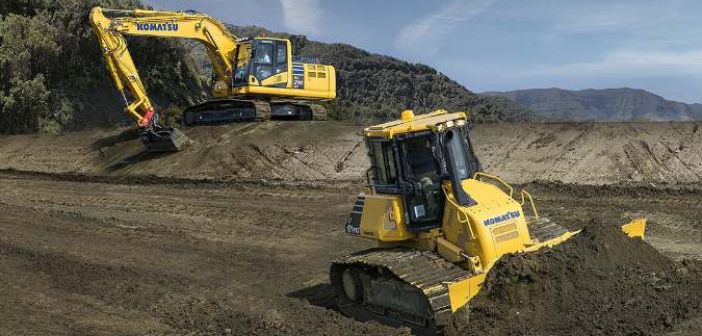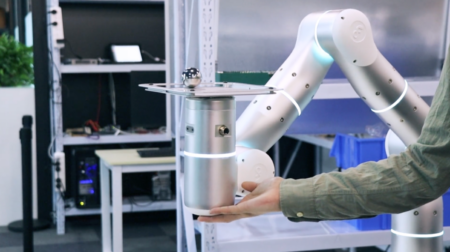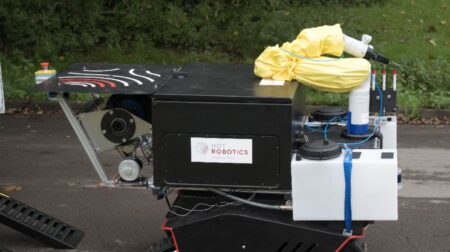National Highways will be unveiling a new industry-wide scoring system for Connected and Autonomous Plant to construction bosses at an event next week [30th March].
The term Connected and Autonomous Plant (CAP) refers to construction machinery that is connected to its environment through sensors or wireless transfer of data between a remote operator. While the autonomy element refers to aspects of the vehicle’s operation and also movement around a site.
The new CAP Levels Maturity Matrix is designed to offer a standardised scoring system that enables plant and machinery to be scored according to its level of automation. This standardised measure, the first of its kind, will offer clarity and a clear way to compare different types of machinery to suit different tasks.

The system is the latest development in the CAP Roadmap launched by National Highways and i3P jointly in 2020. It aims to identify challenges and workstreams to support a goal of making automation business as usual in construction by 2035.
The new CAP levels will establish a common language and a first of its kind framework to enable connected and autonomous plant to be specified and deployed on construction schemes.
This means that all construction clients, including National Highways, can communicate clear expectations to suppliers and manufacturers can describe capability of its products using the same language.
National Highways, head of innovation, Annette Pass, said: “Connected and autonomous plant offers a real opportunity to revolutionise the construction sector by making work safer, quicker and brings significant benefits for the environment.
“Our new CAP levels further our ambitious plans to introduce more connected and autonomous plant onto sites as we continue to develop the roads of the future.
“CAP has the potential to improve productivity by more than £200bn by 2040 in the construction sector and we are committed to making it standard industry practice. By establishing more collaborative relationships with innovators and academics we hope to continue to lead in this field.”








